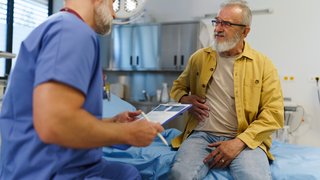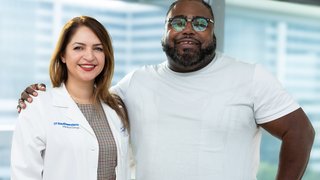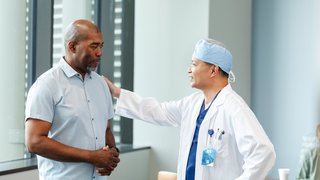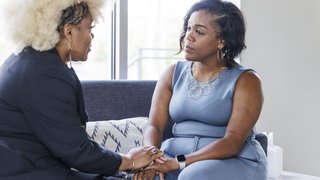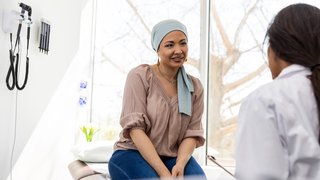
An important piece of our program is the involvement of the Cancer Genetics team with the cancer support community and general patient education. In Fort Worth and Dallas communities, we are intimately involved with FORCE (Facing Our Risk of Cancer Empowered), a national hereditary breast and ovarian cancer support network with smaller groups in metropolitan areas like ours. Genetic counselors attend meetings to serve as additional support for our patients and others in the community who are affected by hereditary breast and ovarian cancer.
Members of our staff in Fort Worth have become Bright Pink Education Ambassadors, another national hereditary breast cancer support network whose members are asked to speak in the community regarding hereditary breast cancer education under the umbrella of the support network. Upon follow-up consultation with our mutation-positive patients, we provide a comprehensive list of support networks and resources. Some of these are specific to hereditary cancer needs, but we also work to provide information regarding general cancer support groups and other entities from which our patient population may benefit.
UT Southwestern Cancer Genetics team members are also part of the larger Dallas-Fort Worth (DFW) Cancer Genetics Association, whose providers perform cancer genetic risk assessment throughout the area and host an annual hereditary cancer patient education conference. Any patient affected by a hereditary cancer syndrome in DFW is eligible to participate—along with his or her family members. This free conference is supported by various genetic testing laboratories, which provide the meals for attendees; other institutions offer support by providing the conference meeting space free of charge. Patients and their relatives are able to spend a half-day each fall learning about updates on a variety of hereditary cancer conditions from the top local experts in the community, including physicians, genetics counselors, and other allied health professionals. The venue is one of the ways in which we are able to routinely update patients on the latest-breaking research and information on hereditary cancer syndromes.
Our group has historically been the leader in community patient outreach within the cancer center. Annually, our genetics counselors perform 50–100 educational outreach activities via presentations, newsletter articles, participation in local Komen and National Ovarian Cancer Coalition (NOCC) races, and similar opportunities throughout the Metroplex.
For families, having knowledge that a cancer-causing hereditary mutation exists and receiving guidance from a genetic counselor can prevent the mutation from affecting future generations. An example of this is one of our patients who was diagnosed with colon cancer prior to age 50. She was found to have Lynch syndrome via IHC analysis of her tumor and subsequent genetic testing, which identified the mutation. Colon cancer risks associated with Lynch syndrome range from 40 percent to 80 percent by age 70, and endometrial cancer risks range from 25 percent to 60 percent by age 70. Once the mutation was discovered, a family letter was provided for distribution to at-risk relatives. The letter contained basic mutation/gene information and the implications of this knowledge for family members.
This particular patient has two daughters, two sons, several brothers and sisters, and an extended family that lives in Fort Worth and surrounding areas. The patient took action after meeting with her UT Southwestern genetic counselor and distributed the letter to her adult children and siblings, many of whom underwent genetic testing through UTSW and other genetics clinics. Those who tested positive started screening colonoscopies every one to two years, and two siblings (ages 30 and 25) were found to have precancerous colon polyps that were removed during their first colonoscopies. This is the promise of genetic testing realized—the true prevention of cancer and the extension of a cancer free lifespan. This is just one of many stories from patients where genetic testing has altered the futures and lives of many families in our community.




